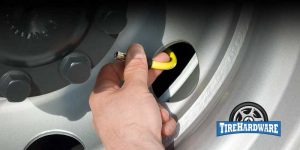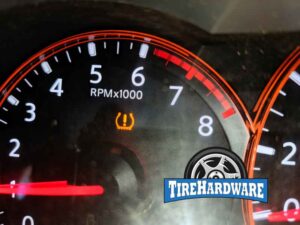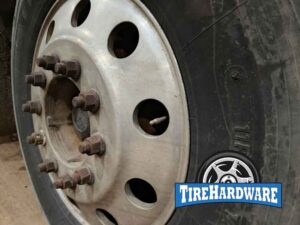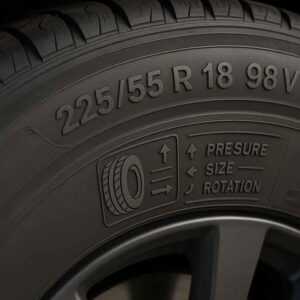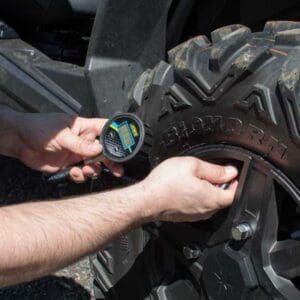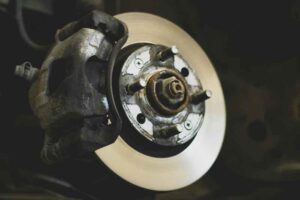Choosing the right wheel fasteners affects performance, safety, and durability. Many enthusiasts upgrade from steel to titanium wheel studs, bolts, and lug nuts. But is titanium really better? This guide compares titanium vs. steel and explains why titanium may be the best choice for your car.
1. Titanium vs. Steel: What’s the Difference?
Titanium is 50% lighter than steel and offers superior strength, corrosion resistance, and heat tolerance. Steel is strong but heavier and prone to rust.
Weight Savings
Titanium reduces unsprung weight, improving acceleration, handling, and braking. Less rotating mass means better fuel efficiency and overall vehicle performance.
Strength & Durability
Grade 5 titanium (Ti-6Al-4V) has a tensile strength of 950 MPa, while standard steel bolts (Grade 8.8) have 800 MPa. Titanium also resists cracking and deformation under stress.
Corrosion Resistance
Titanium does not rust, unlike steel, which can corrode over time. This makes titanium ideal for wet, salty, and extreme weather conditions.
Heat Resistance
Steel expands and weakens under heat cycles, which can cause fasteners to loosen. Titanium maintains its strength and structure, even under high heat track conditions.
2. Performance Benefits of Titanium Wheel Hardware
Titanium wheel studs, bolts, and lug nuts provide several advantages over steel:
- Faster acceleration due to reduced rotating mass.
- Better braking with less weight on the wheel assembly.
- Increased durability, even under extreme driving conditions.
- No rust, eliminating the need for frequent replacements.
3. Are Titanium Lug Nuts and Bolts Safe?
Titanium is safe when installed correctly. Always use the recommended torque specs (120-130Nm for M12 titanium bolts) and apply anti-seize to prevent galling.
Titanium bolts and studs maintain torque longer than steel, reducing the risk of loosening. For track use, regular inspections ensure reliability.
4. Choosing the Right Titanium Hardware for Your Car
Titanium wheel fasteners come in different types, including:
- Lug Nuts – Used with wheel studs for quick installation.
- Lug Bolts – Common on Audi, Volkswagen, and Mercedes-Benz.
- Wheel Studs – Preferred for track and racing applications.
Check your vehicle’s OEM specifications before purchasing titanium hardware to ensure proper fitment.
5. Installation & Maintenance Tips
- Use a torque wrench for precise installation.
- Apply anti-seize lubricant to prevent thread galling.
- Avoid impact wrenches, which can damage titanium threads.
- Inspect regularly, especially after track use.
Conclusion
Titanium wheel fasteners outperform steel in weight, strength, corrosion resistance, and durability. They provide noticeable performance benefits, especially for track and performance cars. If you want to reduce weight, prevent rust, and improve handling, titanium wheel studs, bolts, and lug nuts are worth the upgrade.
Would you switch to titanium for better performance? Let us know in the comments!


